Down syndrome, also known as trisomy 21, is a genetic disorder caused by an extra copy of chromosome 21. This additional genetic material results in developmental delays, intellectual disabilities, and distinct physical features. Down syndrome is generally not inherited but occurs due to random genetic changes during the development of the egg, sperm, or embryo. Most cases (about 95%) arise from changes in the egg, while fewer cases involve changes in the sperm.
Currently, there is no cure for Down syndrome, as it is a lifelong genetic condition. However, various therapies, educational support, and, in some cases, medical interventions can help improve quality of life, support learning, and enhance social integration.
Yes, Down syndrome is a lifelong condition. While the physical and intellectual characteristics vary in severity among individuals, people with Down syndrome generally experience developmental challenges throughout life. Nevertheless, with adequate support, many can lead fulfilling lives, develop meaningful skills, and actively participate in society.
Down syndrome manifests with both unique physical traits and characteristic behavioral patterns. Here is a detailed overview of common features:

Extremities
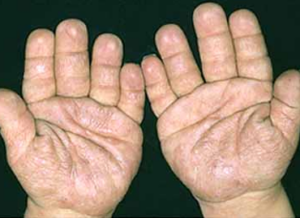
Trunk and Body Structure
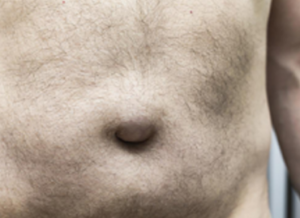
Neck
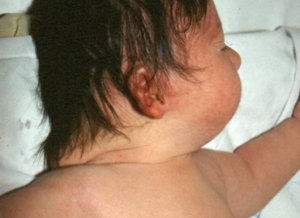
Mouth
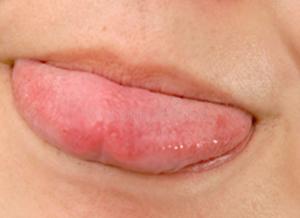
Nose
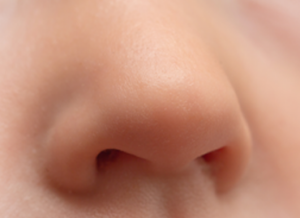
Ears
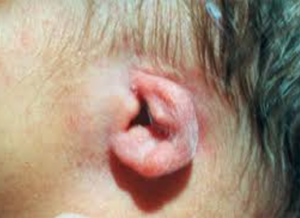
Eyes
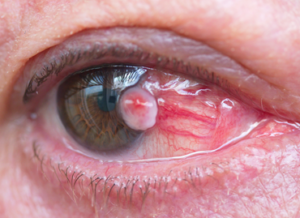
Face and Head

These features may vary in expression and severity among individuals with Down syndrome. Early support, therapies, and educational interventions can help enhance development and improve quality of life.
Homeopathy, as practiced at HomoeoCARE, is based on individualized treatment that aims to manage symptoms holistically. The GenoCARE program emphasizes addressing each person’s unique genetic and physical profile. Through homeopathic medicines, HomoeoCARE believes it can potentially influence gene expression to support improved developmental and cognitive outcomes.
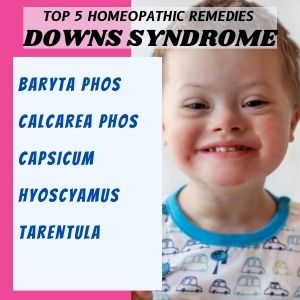
While these are among the commonly prescribed homeopathic treatments, professional consultation is recommended to tailor the treatment plan to the specific needs of the individual.
HomoeoCARE has received positive feedback from parents who report noticeable improvements in their children’s cognitive and speech abilities after homeopathic treatment. One parent shared their joy upon hearing their child with Down syndrome read words and sentences for the first time—a milestone they attribute to the support received from HomoeoCARE.
For further information, HomoeoCARE offers consultations and resources for parents considering homeopathic support for Down syndrome.

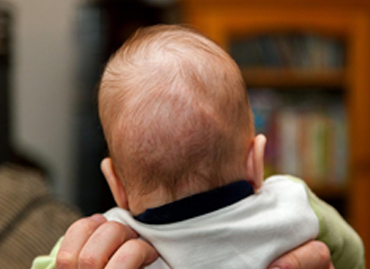
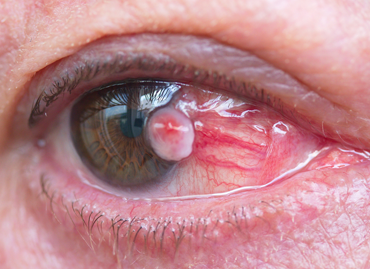
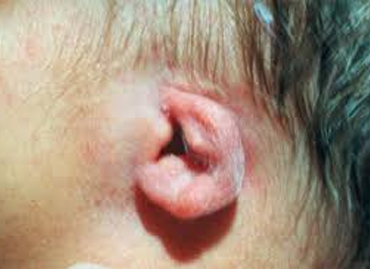
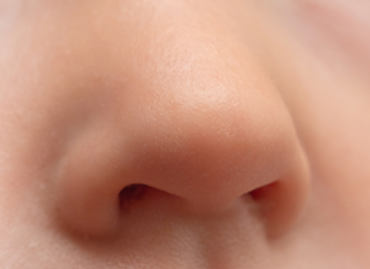
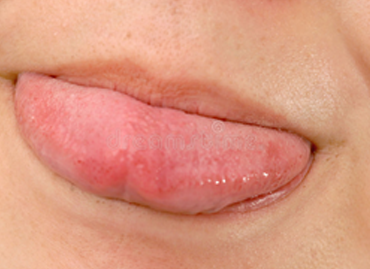
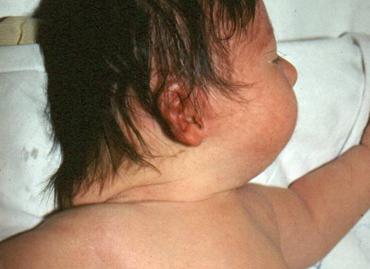
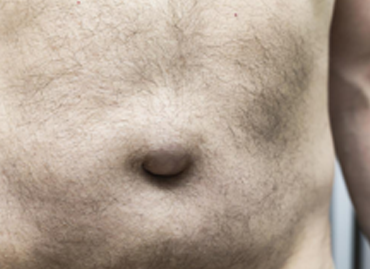
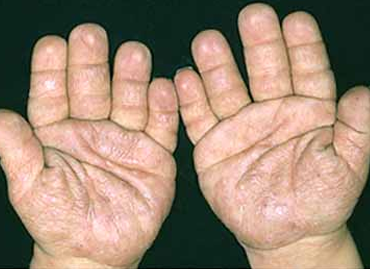
Down syndrome is a genetic condition for which there is currently no cure. However, it’s worth noting that various approaches, including homeopathy, have been explored to help manage symptoms, support overall health, and promote well-being, as suggested by some research findings.
Yes, individuals with Down syndrome can lead fulfilling lives. With early intervention with homeopathic medicines along with support of OT, and access to inclusive education and community participation, they can achieve significant milestones and lead independent and fulfilling lives. Many individuals with Down syndrome excel in various areas and contribute to their communities in meaningful ways.
Treatment for individuals with Down syndrome typically involves a multidisciplinary approach. Homeopathic medicines are effective in mamaging the associated medical conditions like improving Immunity and improving IQ. Additionaly early intervention programs, speech therapy, physical therapy, occupational therapy, educational support, social and behavioral interventions are helpful for effective management of Down syndrome.
Early intervention programs are designed to provide support and therapies to children with Down syndrome from infancy to preschool age. These programs aim to enhance the child’s development, communication skills, motor skills, and overall cognitive abilities. Early intervention can make a significant difference in promoting optimal development and improving long-term outcomes for children with Down syndrome.
While there is no specific medical treatment to alter the underlying genetic condition of Down syndrome, medical management is essential to address associated health concerns. Homeopathy plays a vital role in the medical management of associated conditions like improving Immunity, Improving IQ and also increasing longevity.